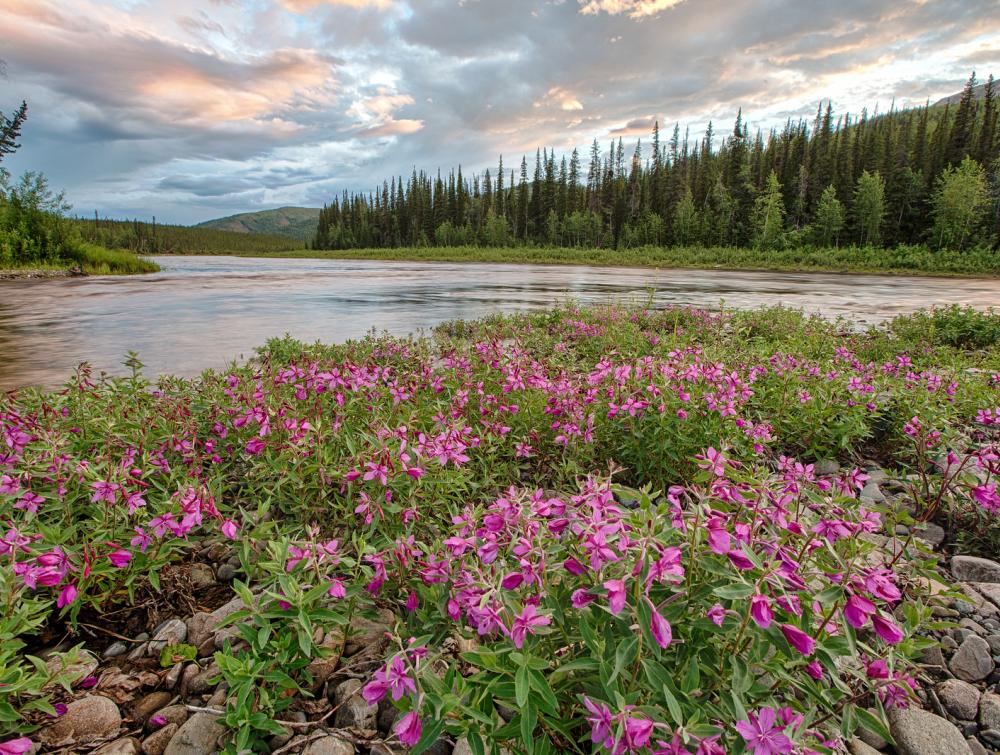Why Conservation Funding

Bob Wick, BLM
In many ways, conservation programs make our country unique and prosperous.
They improve our infrastructure and boost our economies. They improve our natural resources and habitats and protect our outdoor spaces. They encourage economic investment in local communities and boost our global competitiveness. Conservation programs keep our air breathable, our water clean and our wildlife and wildlands protected.
There are many direct benefits of funding for conservation programs:
- Protecting our drinking water
- Reducing global warming impacts
- Ensuring proper management of wildlands
- Providing outdoor recreation access
- Protecting wildlife habitat
There also are indirect benefits. Tourism and jobs related to public land conservation contribute billions to local economies and create hundreds of thousands of private sector jobs.
Conservation economics
Conservation programs provide some of the greatest return on investment. They provide jobs and benefits measured in trillions of dollars.
For each $1 invested toward conservation through programs like the Land and Water Conservation Fund, we see a $4 return in economic value.
Our local economies benefit most from this return on investment. Activities related to outdoor recreation, tourism, natural resource conservation and historic preservation:
- Contribute a minimum of $1.06 trillion annually to the economy
- Support 9.4 million jobs
- Generate more than $100 billion in federal, state and local taxes
Rural communities benefit heavily
Research has shown that income grows faster for residents of rural counties with protected wildlands than it does in counties without any protected lands.
Our public lands also provide job opportunities in many sectors of our economy, including outdoor recreation, conservation, restoration and renewable energy.
Many communities rely heavily on our public lands for their livelihoods, including for:
- Outdoor recreation
Jobs are created through tourism dollars spent on travel, food and other local businesses as well as the purchase of outdoor gear like tents, kayaks and fishing equipment. - Restoration
Small investments pay big dividends locally by putting Americans to work restoring our forests and helping the environment. -
Renewable energy
Guiding renewable energy investments to the right places on our public lands generates new American jobs while protecting sensitive natural habitats. - Energy efficiency
Energy efficiency puts people to work in both rural and urban settings. It also provides opportunity for finding less costly sources of energy and easing the pressure to destroy natural, undeveloped open space.
Funding priorities
Federal spending on land, water and wildlife programs is slightly more than 1% of the federal budget. This proportion has declined over the last 30 years in comparison with the overall federal budget.
Tough budget decisions need to be made each year and funding decisions affect hundreds of millions of Americans. Setting the right funding priorities means taking into account all the economic, social, environmental and cultural value of the many programs managed by the federal government.
